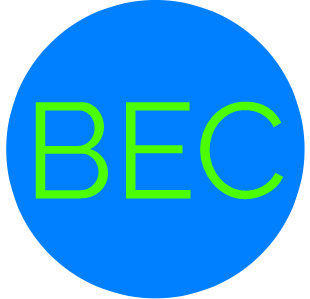Science, Education, Communication and Culture are Processes that can improve the effectiveness of projects for any Theme of Sustainability. Although these Processes are common features of modern life, it might be worthwhile to create committees to ensure that BEC activities in a city are using them to best advantage. Below are some ideas.
Science
Including scientists has many benefits for projects

Science. Photo: Chokniti Khongchum from Pexels
Including scientists in projects has many potential benefits including:
- Verifying the need and viability of projects
- Structuring project development and evaluation
- Managing data needs
- Integrating knowledge from different areas
- Translating scientific explanations into common language
A BEC science committee could promote fundamental research, e.g.
- How to align human and ecological processes
- Value of an urban economic region and its environmental base;
- Flows of environmental services to the urban area, and flows of human services to the rural area
- Cross-scale issues of the city with its region, province/state, and country
- Multi-objective decision making (defining individual values and creating a system to satisfy multiple objectives)
Education
BEC can get students engaged in sustainability

Classroom. Photo: Aissa Bouabellou on Pexel
Themes make sustainability easy to understand, so BEC is a good method to engage elementary and high school students. It works well for college and university students too.
From its early years, Ottawa BEC made presentations to elementary and high schools, and college and university classes. It also gave a one-week university training course on how to lead development of a high school sustainability plan. Many high school students were excellent discussion facilitators. Over a dozen students joined Ottawa BEC.
Communication
Communication tells the public about project development and shares results

Phone with apps. Photo by Pixabay on Pexel
Communication is essential to tell the public about projects underway and their results. Ottawa BEC has learned that good ways to communicate on its projects are: a) through networking meetings with other organizations, and b) through posters, press and social media with the public. Partner organizations can help publicize a project. Also a landing page on the website is useful to support public participation.
Here are broad categories for communication on a project:
- Announcement of an initiative
- Request for ideas and input
- Publication of results
- Celebration
Culture
Ideas of sub-cultures help build a culture of sustainability

Cultural murals. Photo: Picography on Pexel
The Process of Culture in BEC moves in two directions.
- Out into the community – The goal of BEC is to build a culture of sustainability, and the Themes and Tools support this.
- In from the community – Diverse sub-cultures in a Biosphere Eco-City can share their traditional practices and ideas to help build this culture of sustainability.
Sub-cultures with sustainability practices may include:
- Older people who remember how to save and reuse everything
- Aboriginal people, with a culture of respect for the land
- Family farmers who are careful stewards of resources
- Voluntary Simplicity followers who minimize their needs
- Immigrants from regions where resources are scarce.
For more discussion on the need for a new culture, see Culture of Sustainability.

